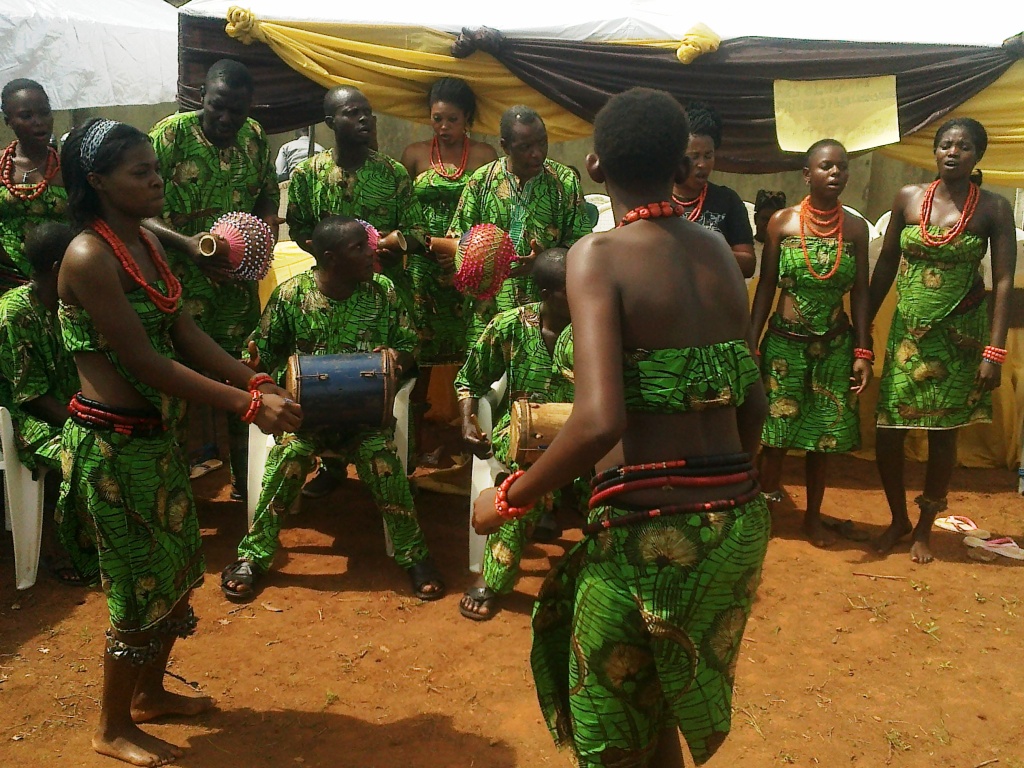Dr. Okechukwu Maurice Izunwa's study, "Anthropological Critique of Some Burial Ceremonies in Nigerian Cultures," presents a fascinating exploration of the diverse and symbolically rich burial practices among different Nigerian cultures. This study underscores the profound role that cultural symbols and beliefs play in the practices surrounding death, reflecting deep-seated values and worldviews.
In Nigeria, a country of immense cultural diversity, burial ceremonies are not just about mourning the dead but are significant cultural events that affirm and reinforce communal bonds and social hierarchies. These ceremonies, deeply embedded in the cultural fabric of the society, are indicative of how communities view life, death, and the afterlife.
Dr. Izunwa’s research highlights the commonalities and differences in burial practices among several Nigerian ethnic groups, including the Igbo, Yoruba, and Tiv, among others. Despite their cultural differences, a universal theme across these practices is the profound respect and reverence for the deceased, and the belief in an afterlife—a continuation of existence beyond physical death.
For the Igbo, burial rituals are elaborate and are considered essential for ensuring that the deceased transitions honorably into the spirit world. These rituals involve various community members and include numerous symbolic acts meant to sever the ties of the dead with the living and to integrate them with the ancestors. Failure to perform these rites adequately is believed to result in the deceased returning as a malevolent spirit.
In Yoruba culture, the focus is also on ensuring a dignified transition to the afterlife, with practices that include extensive preparations of the body and the inclusion of personal belongings with the deceased. These acts are performed to ease the deceased's integration into the ancestral realm and to maintain a continued bond between the dead and the living.
The Tiv people, on the other hand, categorize death into 'good' and 'bad', with each category influencing the nature of burial rites. Their burial practices reflect a deeply ingrained belief that death is caused and not a natural occurrence, leading to rituals that seek to determine and rectify the spiritual causes of death.
Dr. Izunwa's critique not only sheds light on the anthropological significance of these rituals but also reflects on how modern influences are transforming traditional practices. He calls for a reconnection with these traditional rituals to better understand the cultural interpretations of life and death, which are crucial for the cultural identity of Nigerian communities.
In conclusion, burial ceremonies in Nigeria are rich cultural expressions that provide insight into the complex interplay of life, death, and spirituality within diverse cultural contexts. These practices not only honor the deceased but also fortify social and familial structures, ensuring cultural continuity in the face of an ever-modernizing world.

